Starting the day with health news, readers can also read more articles: Do you make this mistake when urinating?; When is leg pain due to protein deficiency?; What diseases should you avoid eating popcorn?...
Is cancer hereditary?
Although medicine has developed many new treatment methods, cancer is still a very dangerous disease. The ability to cure the disease depends not only on the method but also on the time of detection. In addition to environmental and lifestyle factors, the patient can get cancer due to genetics.
Cancer is a disease that can be caused by genetics. However, the rate of these cases is only about 5 - 10% of all cases.
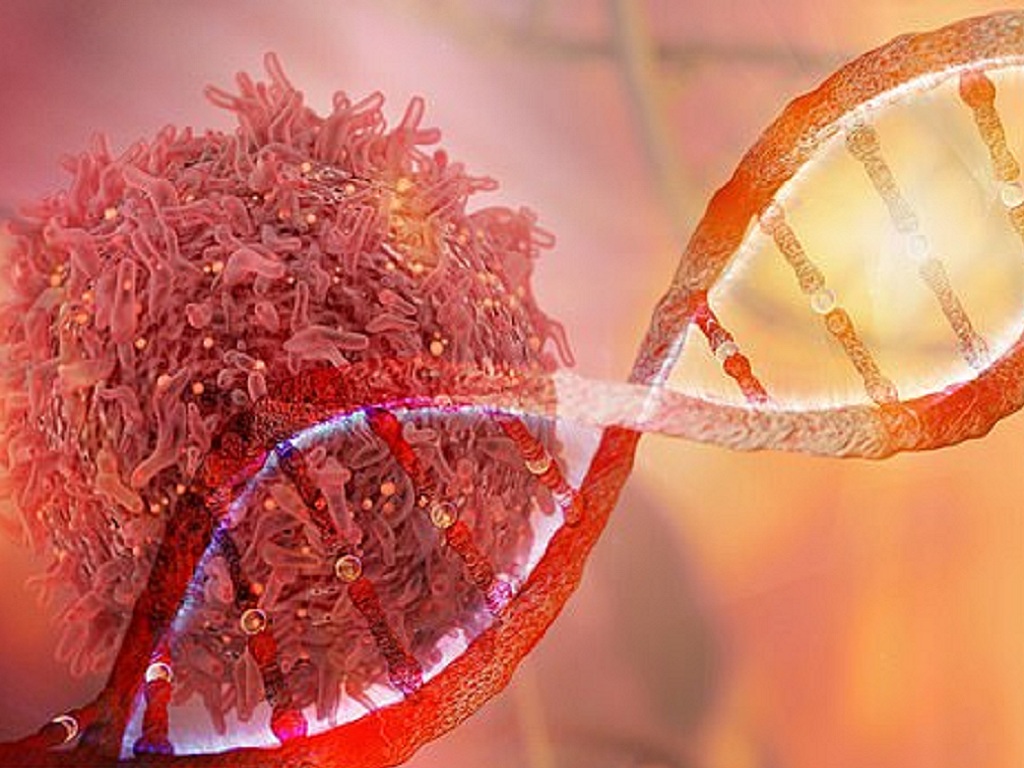
Certain gene mutations significantly increase the risk of developing cancers such as breast, skin, or ovarian cancer.
"In fact, cancer is hereditary in about 5-10% of cases. In this case, the individual will inherit the faulty gene from their parents and it will continue to be passed on to their children," said Dr. Rahul Kanaka, a cancer surgeon at Manipal Hospital in Bangalore, India.
Genes play an important role in determining the risk of many diseases, including cancer. The presence of certain genes significantly increases the risk of developing specific types of cancer. These gene mutations are inherited from grandparents and parents, so there are families where many members of a certain type of cancer also develop.
For example, breast and ovarian cancer are clearly linked to mutations in the BRCA1 and BRCA2 genes. People with these mutations have a significantly increased risk of breast and ovarian cancer. You can read more about this article on the health page on October 21 .
Doctor warning: If you make this mistake when urinating, stop immediately!
A doctor warns of the subtle signs that you're not emptying your bladder completely when you pee, and the dangerous side effects that can come from doing so.
If urine remains in the bladder after urinating, it can easily lead to recurrent urinary tract infections and some forms of incontinence. An expert has outlined steps you can take to improve bladder emptying and reduce these risks.

You may not know that you are not urinating completely because the symptoms of urinary retention are not obvious.
Dr Mary Garthwaite, consultant urological surgeon and president of The Urology Foundation (UK), says the bladder is often the most underrated organ in the body. But it is a very complex organ, performing the important function of safely storing and then efficiently excreting waste from the body, in the form of urine.
People often take their bladder for granted, but when it doesn't function properly, it can have significant physical, social, and psychological effects.
There aren't many obvious symptoms that indicate a full bladder, but there are some subtle signs:
Going to the toilet more often than usual. This may mean that you have not urinated completely.
Feeling as if you need to urinate again right away. Feeling the urge to urinate again after just urinating or leaking urine after going to the bathroom. The next part of this article will be on the health page on October 21.
When is leg pain due to protein deficiency?
Protein is one of the main components of the body, playing an important role in maintaining the complex physical structure of muscle mass, tissues and internal organs. A little known fact is that protein deficiency can lead to some unusual signs in the legs.
Not getting enough protein can negatively impact leg health, leading to muscle weakness, impaired bone structure, and other symptoms like swollen legs and slow wound healing.

Lack of protein not only weakens muscles but also leg bones.
This is because protein is essential for repairing and growing muscles, maintaining healthy tissues, and promoting wound healing. The US National Library of Medicine recommends that protein should make up 10-35% of your total daily calorie intake.
For example, an adult man on a 2,000 calorie/day diet should consume between 50 and 175 grams of protein. Each gram of protein provides 4 calories. This amount of protein depends on factors such as age, activity level and overall health.
If there is a lack of protein, the legs will show the following signs:
Weakness. Leg muscles are one of the most important and active muscle groups in the body. To keep your leg muscles working well and staying healthy, you need to eat enough protein. If you lack protein, your legs will be weak, making it difficult to do physical activities and exercise .
Swelling in the legs. Protein plays an important role in helping to retain water in the blood, preventing too much water from entering the tissues. Therefore, a severe lack of protein will cause more water to enter the tissues, leading to swelling. Start your day with health news to see more of this article!
Source link


![[Photo] Close-up of heavy damage at the school located on the banks of the Ban Thach River](/_next/image?url=https%3A%2F%2Fvphoto.vietnam.vn%2Fthumb%2F1200x675%2Fvietnam%2Fresource%2FIMAGE%2F2025%2F11%2F26%2F1764152130492_ndo_bl_img-8188-8805-jpg.webp&w=3840&q=75)


![[Photo] VinUni students' emotions are sublimated with "Homeland in the Heart: The Concert Film"](/_next/image?url=https%3A%2F%2Fvphoto.vietnam.vn%2Fthumb%2F1200x675%2Fvietnam%2Fresource%2FIMAGE%2F2025%2F11%2F26%2F1764174931822_10-3878-jpg.webp&w=3840&q=75)




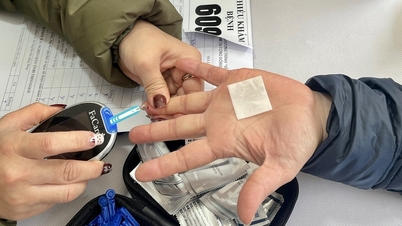
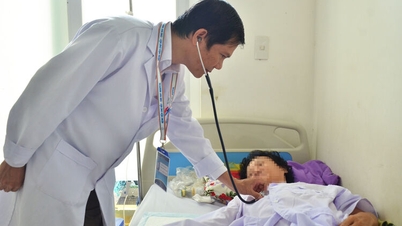


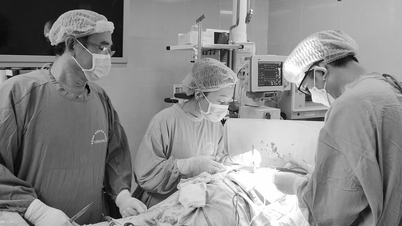
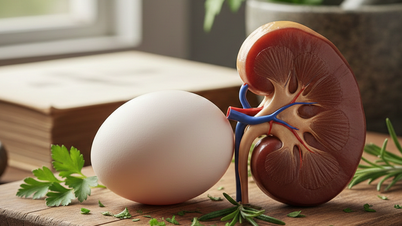
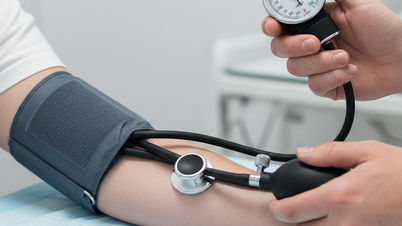












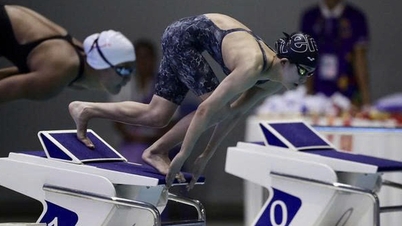


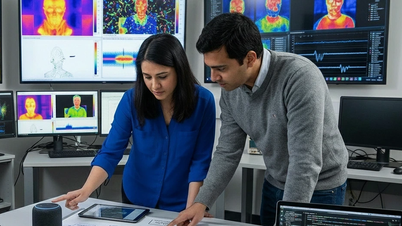










































![[Photo] Opening of the 28th Session of the Hanoi People's Council](https://vphoto.vietnam.vn/thumb/402x226/vietnam/resource/IMAGE/2025/11/26/1764155991133_image.jpeg)






























Comment (0)